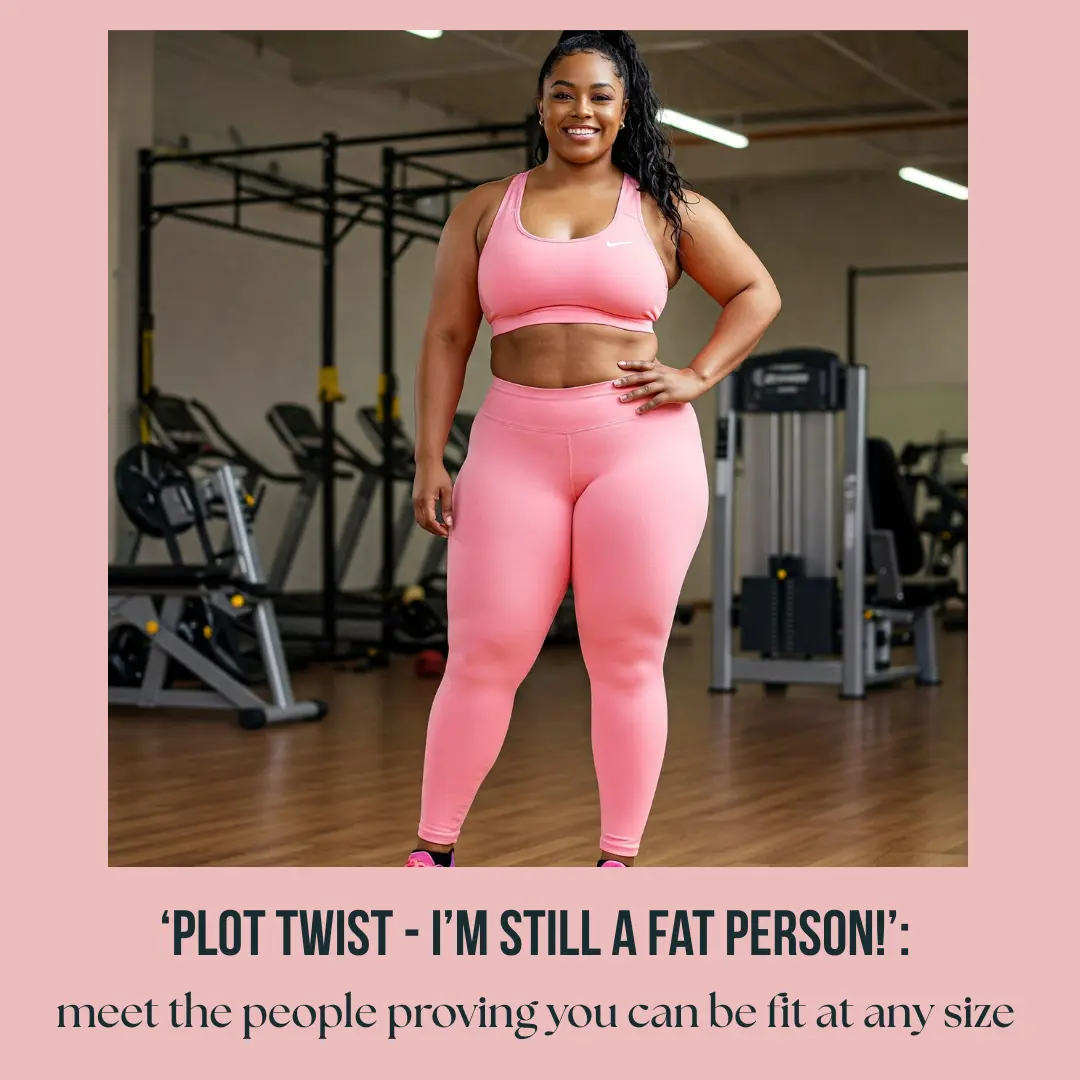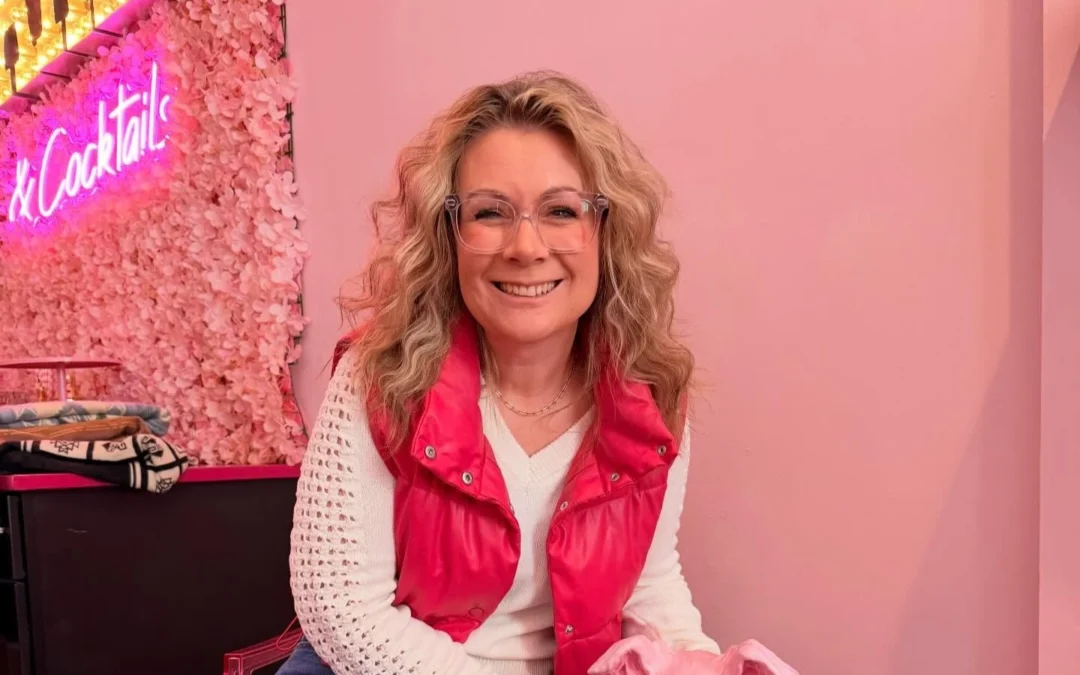In a society where thinness is often equated with health, a growing movement is challenging this narrative by demonstrating that fitness and well-being are achievable at any size. Individuals across various disciplines are redefining what it means to be fit, emphasizing that physical activity and health are not exclusive to a particular body type.
Redefining Fitness Beyond Weight Loss
Becky Scott, a fitness instructor, founded MissFits Workout sessions aimed at empowering plus-size individuals through movement. Her classes prioritize wellness and mental health over weight-loss goals, fostering an inclusive environment where participants can enjoy exercise without the pressure of conforming to societal standards. Scott’s approach underscores the importance of focusing on how individuals feel rather than how they look, promoting a positive relationship with physical activity.
Scientific Insights into Health and Body Composition
Research supports the notion that physical activity significantly benefits individuals regardless of their weight. Studies indicate that long-term exercisers exhibit healthier fat distribution and lower inflammatory markers, contributing to overall health improvements. Dr. Jeff Horowitz, a professor of movement science at the University of Michigan, emphasizes the critical role of adipose tissue in health, noting that effective fat storage can prevent excess fat from accumulating in organs like the liver and heart, thereby reducing health risks.
Diverse Approaches to Inclusive Fitness
Trina Nicole, a dancer and model, established The Curve Catwalk, a dance class celebrating plus-size bodies. Her initiative offers a space where individuals can engage in dance, experience joy, and build confidence, challenging the traditional fitness industry’s focus on weight loss. Nicole’s work highlights the importance of creating inclusive spaces that celebrate all body types and encourage movement for enjoyment and self-expression.
Similarly, Rhian Cutter’s journey into weightlifting after undergoing gastric sleeve surgery illustrates the multifaceted nature of health and fitness. Cutter’s experience underscores that engaging in physical activity can lead to profound personal growth and well-being, independent of weight loss. Her story serves as a testament to the empowering effects of embracing one’s body and capabilities.
Challenging Societal Perceptions and Promoting Holistic Health
The movement advocating for fitness at every size confronts deeply ingrained societal stigmas that equate thinness with health and moral virtue. Phillippa Diedrichs, a professor of psychology at the Centre for Appearance Research at the University of the West of England, points out that weight and health are often conflated, leading to misconceptions. She emphasizes that individuals can be both fat and fit concerning strength, mobility, and cardiovascular health, challenging the negative connotations associated with larger body sizes.
The Importance of Mental Health and Self-Acceptance
Engaging in physical activity offers mental health benefits, including improved mood and reduced anxiety. Becky Scott notes that participants in her classes often experience enhanced mental well-being, highlighting the holistic advantages of exercise beyond physical health. This perspective encourages a shift from aesthetic-driven fitness goals to those centered on overall well-being and self-care.
The narratives of individuals like Becky Scott, Trina Nicole, and Rhian Cutter, along with insights from experts like Dr. Jeff Horowitz and Professor Phillippa Diedrichs, collectively challenge the traditional paradigms of health and fitness. They advocate for a more inclusive and holistic understanding that recognizes the diversity of healthy bodies. By decoupling fitness from weight and embracing physical activity as a means to enhance overall well-being, society can move toward a more accepting and supportive environment where everyone has the opportunity to thrive, irrespective of size.
by Sarah Phillips





